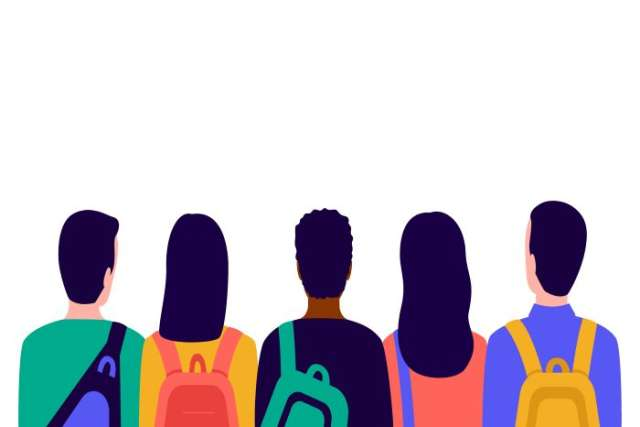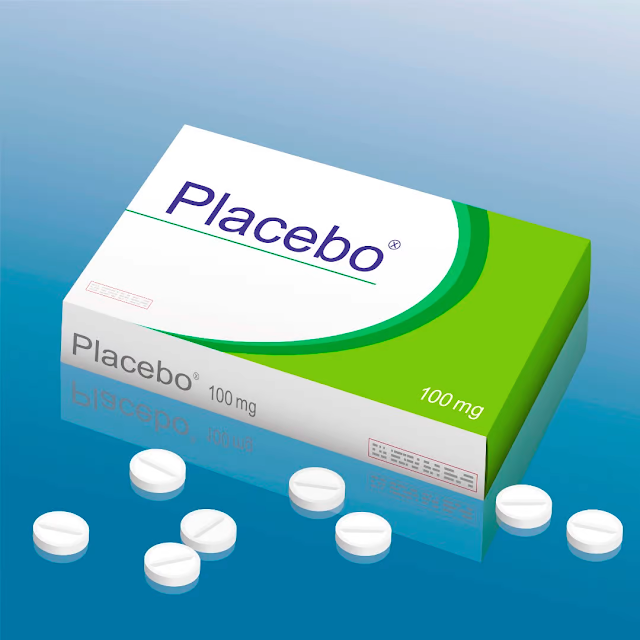College Life Stressors, Coping with Substance Use, Accessing Treatment
Students entering college do so with the hopes of furthering
their education and often dream of how their education will contribute to a better,
more fulfilled life. Yet, most college students are not always prepared for the
emotional toll and life stressors that college life can bring. These include
the pressures of challenging classes, long study sessions, and having to meet
tight assignment deadlines.
All these factors make college students particularly
vulnerable to substance use as a coping mechanism. Statistics collected by the National
Survey on Drug Use and Health (NSDUH) found that in the past month, 49.3% of
full-time college students ages 18-22 drank alcohol and 27.4% of those students
engaged in binge drinking (College Drinking, National Institute on
Alcohol and Alcoholism, 2021). The NSDUH identified binge drinking as 5 or more
drinks for males or 4 or more drinks for females on one occasion (NIAAA, 2021).
This pattern can often lead to the derailment of student’s future goals and
dreams as they struggle to cope with college life. Additional statistics found
in this article referencing the NSDUH survey of 2021 found:
- One in
4 college students experiences academic problems due to drinking.
- An
estimated 1,519 college students aged 18-24 died due to vehicle related
injuries and other unintentionally related accidents.
- An
estimated 97,000 students ages 18-24 are victims of alcohol-related sexual
assault or date rape.
- Approximately
9% of full-time college students met the criteria for alcohol use disorder
(AUD) and alcohol addiction.
Barriers to Accessing Treatment
Though some colleges have taken steps to combat substance
use by implementing educational campaigns and structuring policies to address
substance use on college campuses, these efforts don’t offer individual
interventions and healthier alternatives for students (American Addiction
Centers, 2023).
Overcoming the stigma associated with addiction along with
the lack of access to treatment options often present as barriers for students in
navigating the already challenging health care system. This results in
additional barriers and lack of accessibility to resources that could support
students’ mental health (Vidourek, 2014).
Barriers such as complex insurance policies, understanding
the difference between commercial and public insurance, confusing qualifying
standards, and terms such as co-payment and deductible can be discouraging when
attempting to access treatment.
Mental Health Professionals and how they can help
- Mental Health professionals can help in supporting college students overcome substance abuse and barriers to accessing mental health treatment.
- Mental Health professionals can educate college students and staff in healthy coping skills and stress management techniques by promoting workshops and training on substance abuse.
- Mental Health professionals can provide counseling and therapy to explore the underlining causes of students' addiction, support students in developing coping strategies, and establish treatment plans to support students manage their substance use.
- Mental Health professionals, especially social workers, can serve as case managers, which means they can coordinate services and advocate for students within the college and healthcare system. They can collaborate with other professionals, such as physicians and psychologists, to ensure comprehensive care and support by calling providers and advocating for students’ treatment needs. At the same time, they can model for students how to navigate the healthcare treatment and eliminate barriers to access.
- Mental Health professionals can help students overcome barriers that may prevent them from seeking treatment, such as stigma, fear, financial constraints, and lack of awareness in how to navigate a complicated healthcare system. They can assist in finding solutions and connecting students with community resources.
Conclusion
Substance use amongst college students is a prominent issue
impacting colleges throughout the country. Preventative measures, early
interventions and education, and supportive services can open the door to a
healthier campus environment. Seeking mental health support can help to
eliminate barriers to access, all while improving students’ lives and maximizing
the changes of a successful college experience.
Getting Help:
Student Health Services
- Health office: Oceanside Room 3326
- Health Office: San Elijo Room 917
- Phone: (760) 795-6675
- Email: mccshs@miracosta.edu
- Webpage: miracosta.edu/healthservices
Crisis Textline: text COURAGE to 741741 (available 24/7)
Crisis Hotline: 1-888-724-7240 (available 24/7)
Mental Health Systems/TURN Behavioral Health Services. (Oceanside & Escondido): https://turnbhs.org/
SAMHSA (Substance Abuse and Mental Health Services Administration): National Helpline, 1-800-662-HELP (4357) or TTY: 1-800-487-4889




Comments
Post a Comment